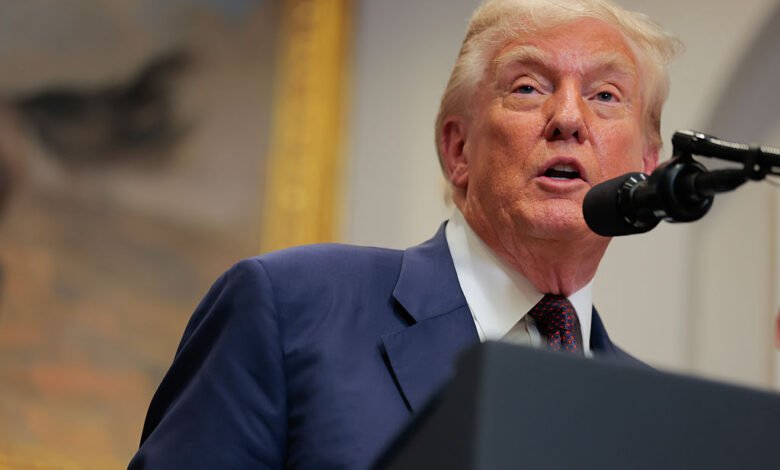H-1B Visa Loophole: How Startups Are Losing Top Talent

▼ Summary
– The Equity podcast discussed recent H-1B visa changes and their implications for startups, founders, and tech talent in America.
– A major loophole allows 80% of H-1B applicants to avoid paying the $100,000 fee entirely.
– The new wage system may allocate more visas to experienced acupuncturists than to AI PhD graduates earning $200,000.
– Universities and national labs are uncertain about payment requirements and are left in a state of limbo.
– Equity is TechCrunch’s flagship podcast, airing on Wednesdays and Fridays, and is available on multiple platforms.
A recent policy shift in the H-1B visa program is creating significant hurdles for startups hoping to attract and retain international talent. The new regulations introduce a wage-based selection process that inadvertently favors established corporations over emerging companies, making it harder for innovative startups to compete for the skilled professionals they need to grow.
During a recent discussion, immigration policy expert Jeremy Neufeld highlighted a major concern: a loophole allowing roughly 80% of H-1B applicants to avoid a substantial $10,000 government fee. This fee exemption, intended for certain employers, means many large companies face lower financial barriers when sponsoring foreign workers. For cash-strapped startups, however, this fee represents a considerable expense that can deter them from pursuing global talent altogether.
The revised system prioritizes higher wage offers when selecting visa recipients. This approach can lead to unexpected outcomes, such as experienced professionals in fields like acupuncture potentially receiving more visa slots than recent artificial intelligence PhD graduates earning $200,000 annually. The wage-level hierarchy doesn’t always align with skill scarcity or national economic priorities, creating a mismatch between the talent startups seek and the candidates the system prioritizes.
Adding to the confusion, institutions like universities and national research labs find themselves in a difficult position. They are aware that they must comply with new payment structures, yet the specifics of how and when these payments are due remain unclear. This administrative limbo hampers their ability to plan budgets and secure essential research and academic staff from abroad.
For a deeper exploration of these immigration challenges and their impact on the technology sector, listeners can tune into the weekly podcast that covers these critical issues. New episodes are released each Wednesday and Friday. The show is available on popular podcast platforms including Apple Podcasts, Overcast, and Spotify. Follow the podcast’s social media channels for ongoing updates and discussions.
(Source: TechCrunch)




